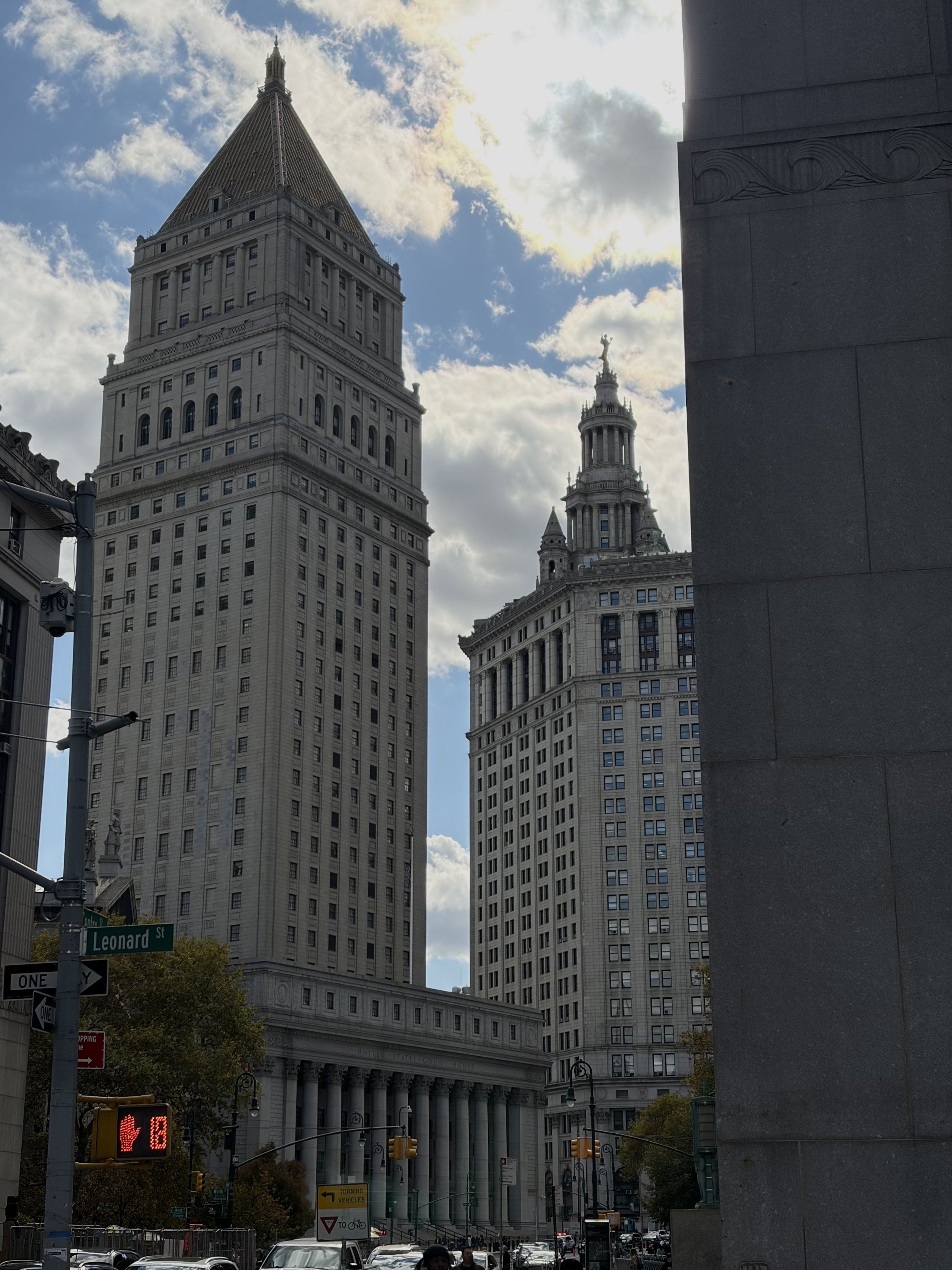Lillian M.
If you’re reading this, hold onto the love that heals.
Everyone has something to heal from. And although it’s no one’s responsibility to fix or save another person, true love is what brings people out from the darkness and transforms them. It demands neither silence nor perfection; it creates space for growth, for forgiveness, for becoming whole again.
For me, that shift began with a book called Whole Again. Inside it was a line I underlined over and over again: “Find your source of unconditional love.” At first, I wasn’t sure what it meant, but slowly it opened a new way of seeing love. I realized I had been chasing unconditional love from someone who could never give it to me. After learning that the hard way, I returned to my faith, more lost than I had ever been before. But after one conversation with a priest, I discovered a love that doesn’t measure my worth against my mistakes, doesn’t disappear when I falter, and doesn’t bind me in fear.
Actually, the root of the word “religion” is “to bind.” When I hear Frank Ocean’s song “Bad Religion,” I think about the kind of binding that comes from fear, shame, or silence – the kind of false religion that cages people. But when I think of faith at its best, I see a different kind of binding: one rooted in love. A good religion binds you not with chains, but with belonging. It ties you to forgiveness, to freedom, to a love so steady it cannot be lost.
Coming back to my faith was like stepping into air after being underwater for too long. It was a soft reminder that love, at its truest, is meant to heal.
I’ve read Whole Again several times now. For six months, it lived in my Lululemon school tote, where I would reach for it just to feel grounded. Over the summer, it left my bag and found its way to family and friends, as I lent it to those who were hurting, the way I once was. Now it’s retired. It sits on my desk, not as a book I need to cling to, but as a reminder of how far I’ve come. When I see it, I see more than pages. I see a symbol of my healing. I see proof that when I look for love now, I demand it be the kind that lifts me, not breaks me. The kind that heals. My copy doesn’t look new anymore: the ink is faded, the margins are filled with some of my poorest handwriting, and the paper curls where I’ve thumbed through the same lines countless times. It wears the story of my healing. It’s imperfect, but it’s proof that I’ve survived.
So, if you’re reading this, please remember: love that heals does not trap you; it sets you free. It does not shrink who you are; it expands you. It does not make you question your worth; it reminds you that you were worthy all along. If you find yourself surrounded by anything less, I hope you know you can let it go.
The love that heals will meet you where you are, carry you through the shadows, and help you step into light.
Lillian M., New York University
Connect With Us
To follow IfYoureReadingThis at NYU on Instagram, get in touch with our chapter, and learn about more resources available to NYU students, visit our chapter’s homepage.
AUTHOR CONTACT
This author has opted to allow readers who resonate with their story to contact them. If you would like to speak to the author of this letter about their experience, please use the form below.

